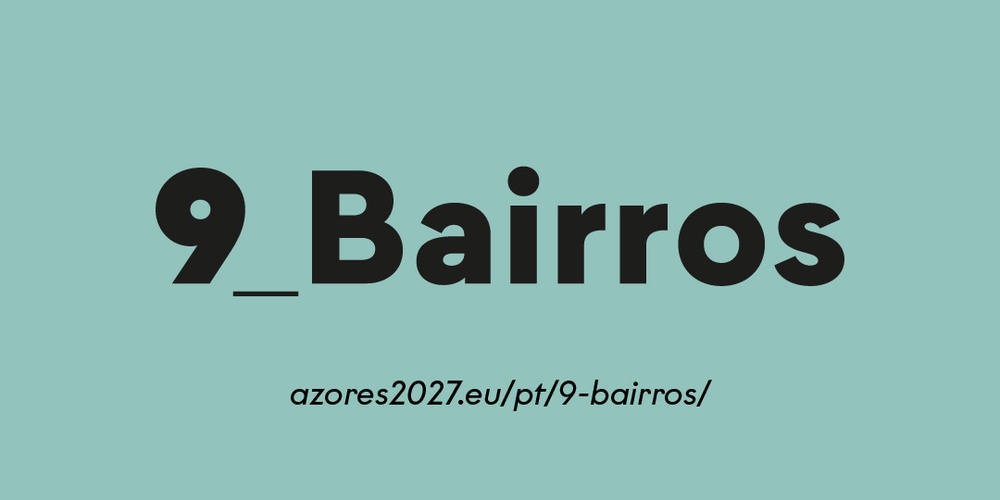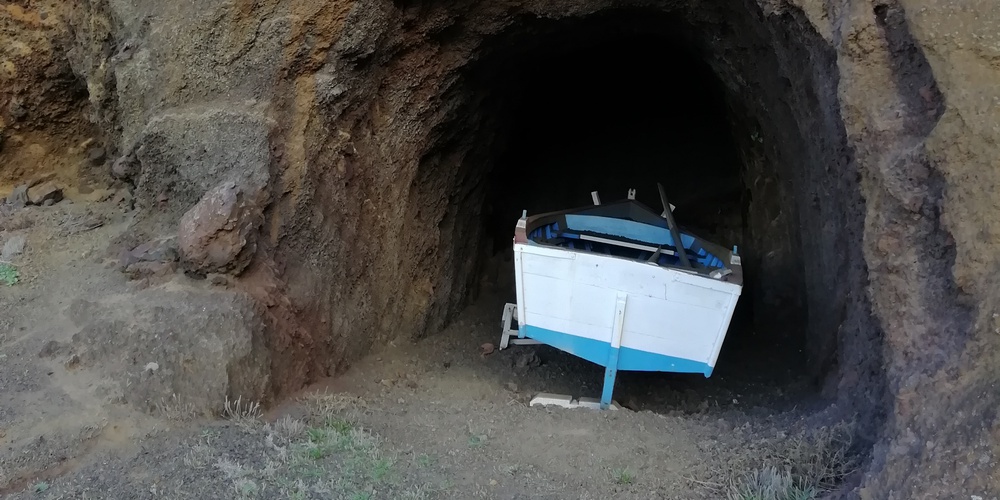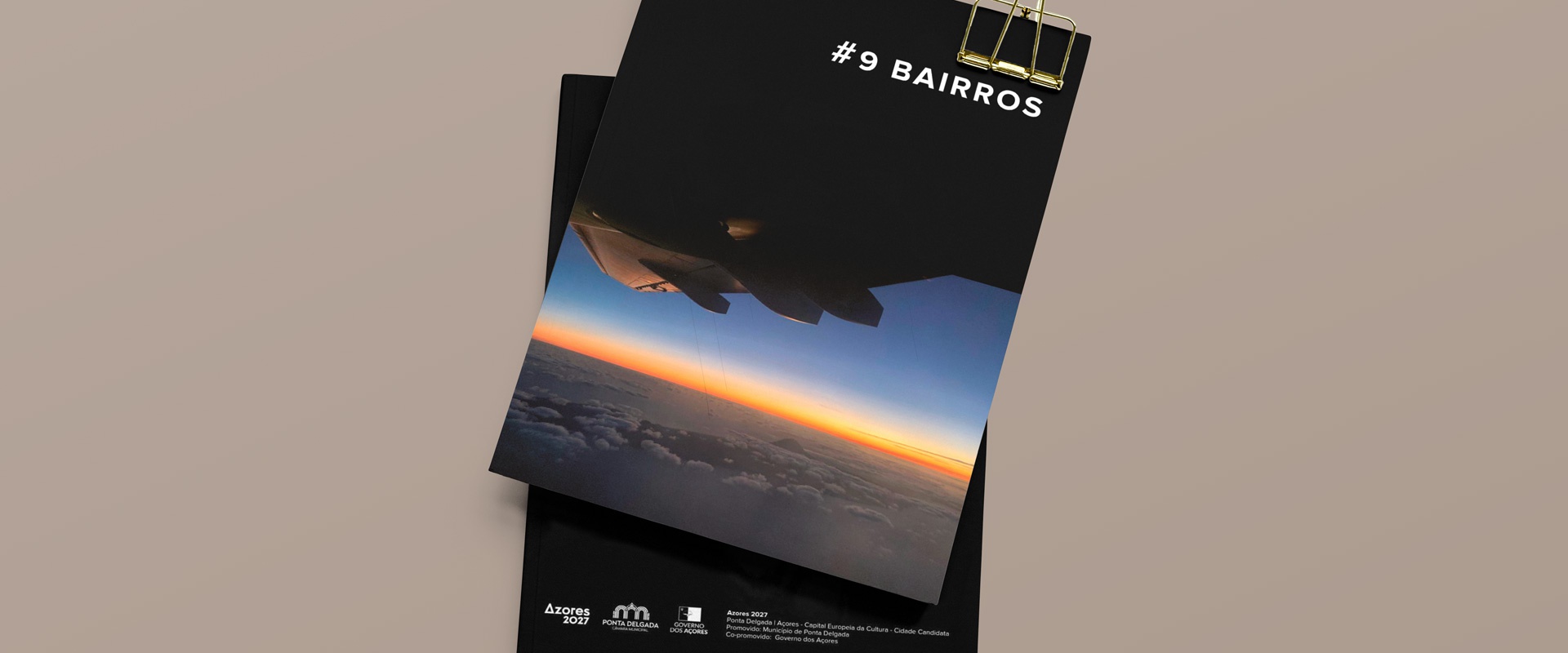
A Lesson on Geopolitics from Peter Café Sport
When we hear the word geopolitics we tend to think about the salient international issues of our times. We think of problems such as the great power rivalry between the U.S. and China, of Russia’s daring military plays in Eastern Europe, or of struggles over natural resources in places such as Africa and the Middle East. Seen from the Azores, a group of nine portuguese islands lying in the middle of the North Atlantic Ocean, these issues seem to be a long way away.
The islands had a significant role to play in the global chessboard over the 20th century. In both World Wars and during the Cold War, access to this mid-Atlantic region was instrumental to Great Britain and then the U.S. However, faith in Azorean geopolitical importance has waned since, especially after the downsizing of the American forces stationed at Lajes Field, Terceira Island, was announced in 2012, and then begun in 2015. The question then became: as the Pacific becomes the world’s center of gravity, what role is there for the Atlantic islands? Recently, an answer came from an unlikely place: Peter Café Sport.
In May 2020, at the beginning of this long pandemic and under the strictest of lockdowns, hundreds of European sail boats was stranded at sea on the other side of the Atlantic. All over the world, sailors were being refused entry to ports and even turned away from some places and ordered to go back home. With the Atlantic hurricane season approaching, they were running out of options. Despite the lack of crew and low on supplies, many decided to brave the Atlantic crossing back home to Europe. Some sailed solo, some even had their small children on board.
Enter Peter’s. Thanks to this world-famous café facing the marina in the city of Horta, Faial Island, the Azores became “a beacon of light in the Atlantic during this crisis,” as Susan Smillie wrote in The Guardian. At a time when we still felt in danger of catching SARS-CoV-2 from supermarket groceries, the decision of letting international boats dock in Faial must have been difficult. Many of those stranded in the Pacific during the Covid-19 pandemic were not as lucky.
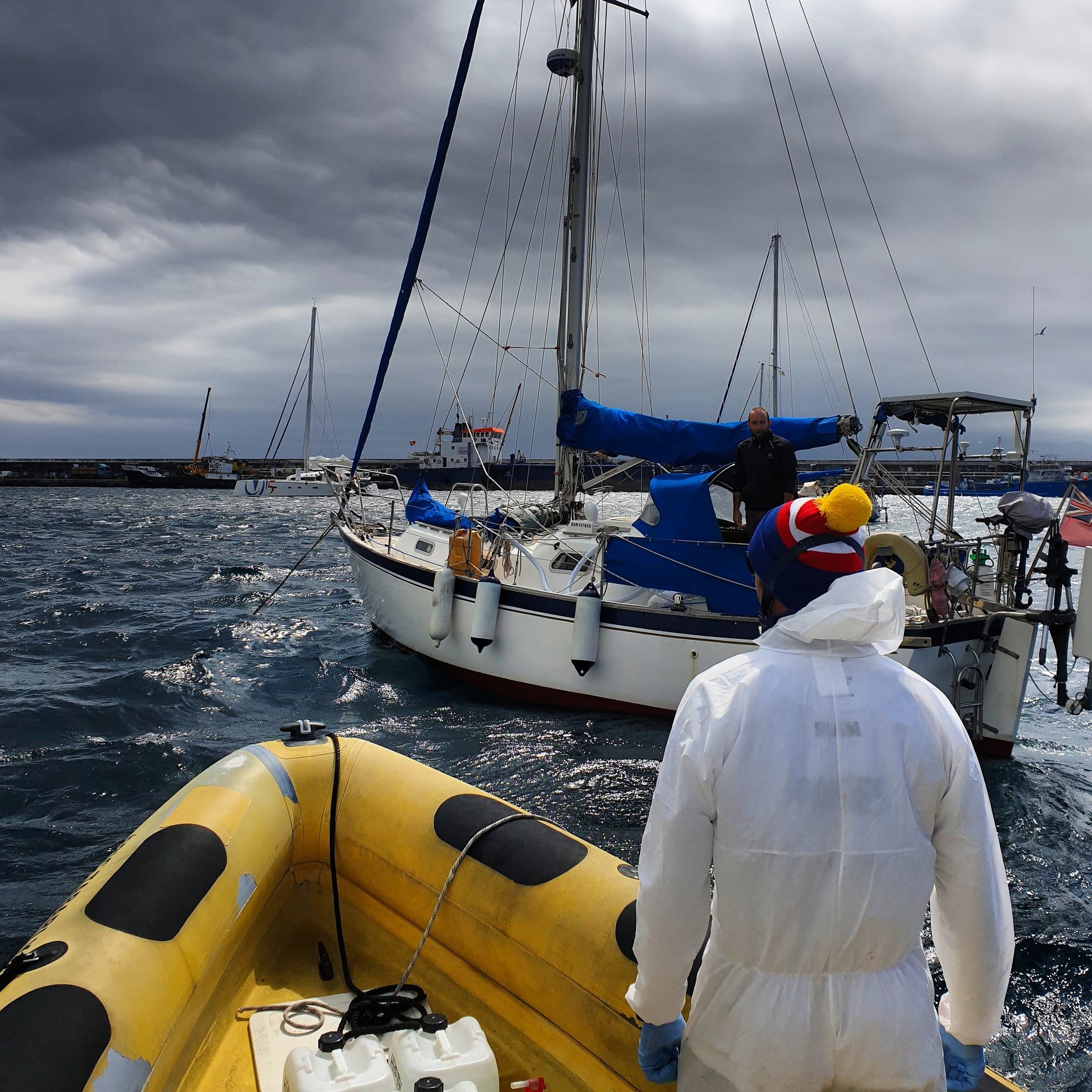
The sailors were not able to disembark their boats in Horta, but after getting permission from the harbormaster and logistical support from Clube Naval da Horta, Peter’s set up a system of support and resupply to the boats in the marina. All the sailors had to do was get in touch with the café through the radio, by phone call or email, and send them their groceries lists and other requests. Peter’s staff would get the groceries from the supermarket, don face masks and hazmat suits, and then head over to the boat in a rigid inflatable boat. In this way they supplied up to 90 boats a day with water, food, medical supplies, and fuel, as well as maintenance work and simple reparations.
This is a story of daring solidarity; it also holds a geopolitical lesson for the Azores. In two addresses published in 1982 by Instituto Histórico da Ilha Terceira (Historical Institute of Terceira), Álvaro Monjardino notes that the strategic importance of the Azores over the centuries has stemmed mostly from passive features, rather than from any active role played by the islands. In the past, the archipelago’s central location in the North Atlantic has made it relevant in world politics, and it is a mere accident of geography (“A Região Autónoma dos Açores nas Suas Implicações Internacionais,” Boletim do Instituto Histórico da Ilha Terceira, no. 40, 1982, pp. 205-239).
What is up to us Azoreans is how to make the most of our location. But since we are used to thinking about the international arena as consisting only of the big questions, we can sometimes miss the complex networks that hold the global system together. Some of these facts come to our attention only when a freak event occurs. When a giant container ship blocks the Suez Canal for days, we suddenly become aware of our reliance on maritime traffic (about 90 per cent of world trade in goods) and of how much it depends on a few choke-points around the globe.
The current pandemic has been another moment of revelation through calamity. Among the many lessons it has taught us, there is this important one for Azoreans. Much as technological and technical developments make it easier to cross an ocean, there is still a network of ports which serve a world-wide community of sailors and yachters. In this context, the Azores are a central node in the North Atlantic. By extrapolating from this crisis, we can better understand the importance the archipelago in maritime security issues. More than half of Portugal’s large exclusive economic zone (EEZ) encircles it, and those waters are crossed daily by merchant ships and pleasure craft. They are also liable to being used by scofflaw ships engaged in illegal trade or illegal fishing.
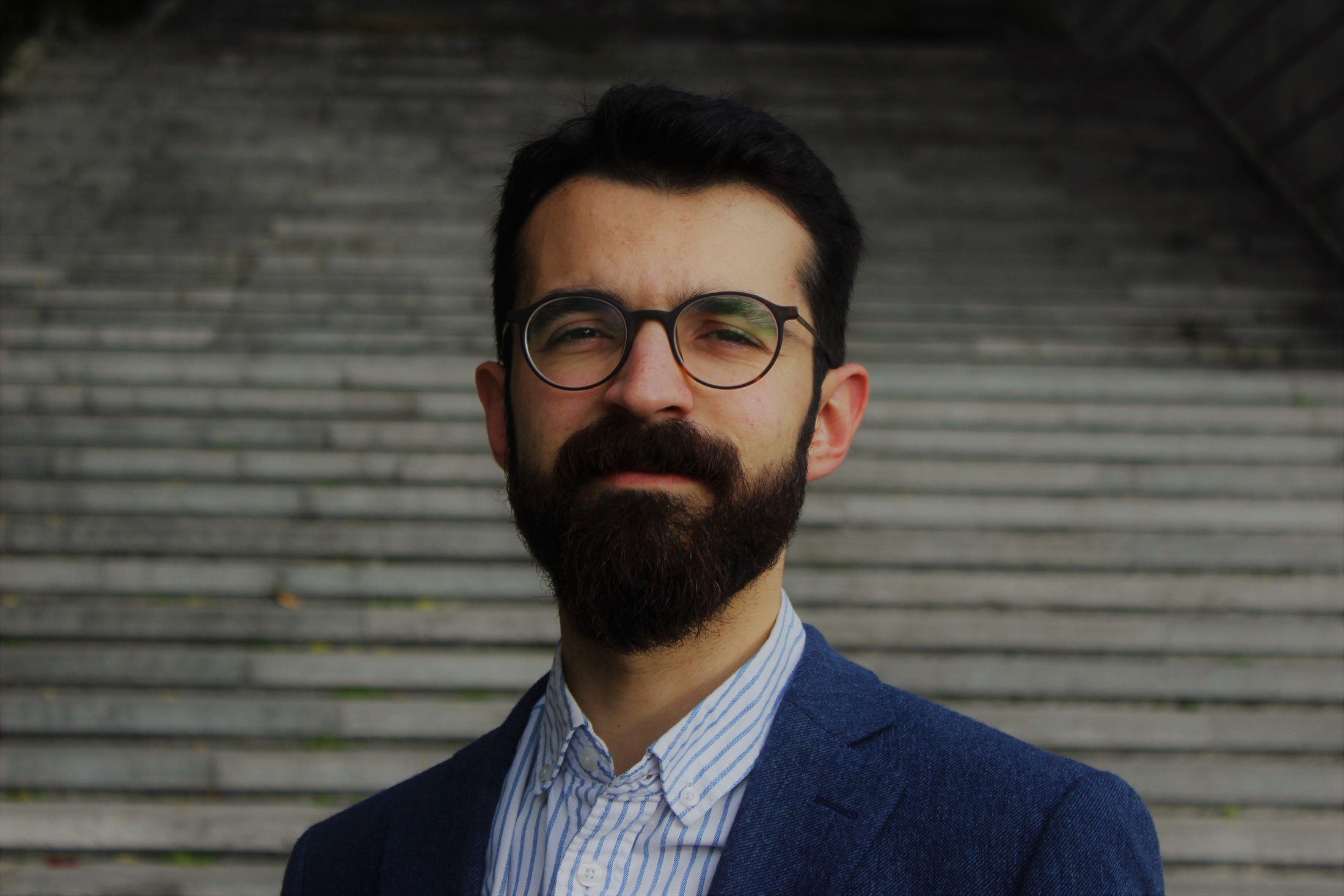
For the Autonomous Region of the Azores, Such security functions are par for the course. But given the general tendency to get distracted with only the biggest news stories, their importance often goes unnoticed to Azoreans. And since the stories we tell about ourselves help define our place in the world, those omissions rob the Azores of a strategic opportunity. A self-imposed insignificance makes it all the more probable that the islands will continue to feature in world politics in a mostly passive capacity.
In this difficult task of leveraging Azorean geography and turning it into an asset, we can take a page from the Book of Peter. Besides the support they gave the sailors, which surely created dozens of grateful ambassadors for the Azores in the nautical community (probably including the two people who got married in the marina during the crisis using swimming armbands in lieu of wedding rings, according to Expresso), they took a step further. Being well-practised at working its brand internationally, Peter’s then turned its vital role in the crisis into an historic moment for the company.
They dubbed their Covid-defying support ‘la résistance’ and gave it a symbol (a multicolored beanie) as well as a webpage dedicated to sharing the stories and pictures of staff with grateful sailors. If it were a nation, Peter’s could be said to be generating ‘soft power’. Joseph Nye coined the term to refer to that variety of power which does not accrue from money or military might, but rather from culture and from setting an example in defense of a given set of values: seduction, rather than coercion.
The Azores continue to owe its geopolitical relevance to its value for military and scientific research purposes. Lajes Field remains important, even as its functions evolve; two new organizations have been established as forums for international collaboration in matters of Atlantic defense (the Atlantic Centre for Defence Capacity Building), and research (AIR Centre -- Atlantic International Research Centre); and important steps are being taken to host space-related infrastructure.
Besides all of this, the Azores has much to gain from projecting its own importance to less the spectacular issues which keep the world turning. It can embrace its function as a safe haven for sailors around the world, just as it can aim for recognition as a steward of a pristine natural environment, both on sea and on land. The next step is to tell those stories to the world, and in so doing turn its identity into a ‘soft power’ asset. Just as Peter Café Sport has taught us.
Tomé Ribeiro Gomes was born in Terceira, in 1993. He has a degree in Political Science and International Relations from Universidade Nova de Lisboa and a master's degree in Governance, Leadership and Democracy Studies from Universidade Católica Portuguesa. Nowadays he is a doctoral candidate in History, Security and Defense Studies at ISCTE-IUL, under which he is working the theme of the Azores Geostrategy, with the support of the Foundation for Science and Technology.

